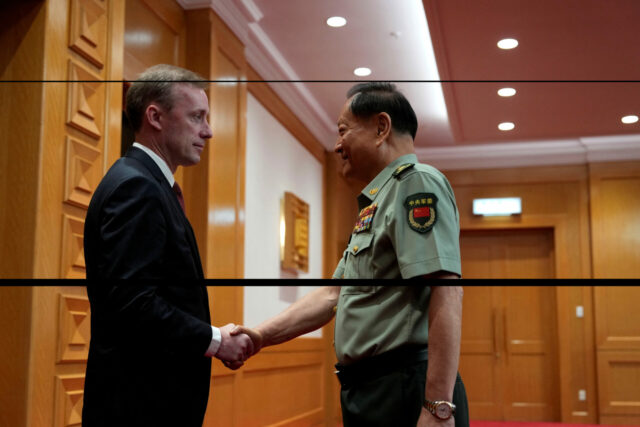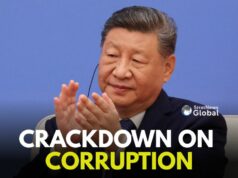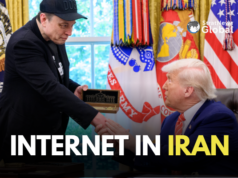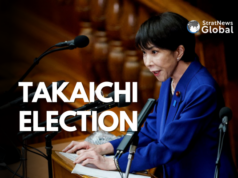On Thursday, U.S. National Security Adviser Jake Sullivan met Chinese President Xi Jinping’s top military officials. This meeting was a part of talks during Sullivan’s visit in Beijing, intended to ease tensions between the two countries.
“The two sides held candid and constructive discussions on a range of bilateral, regional, and global issues,” the White House said in a statement.
The officials discussed some common topics of concerns such as counternarcotic, military-to-military communications, and AI safety and risk. They also discussed issues such as reducing the flow of illicit synthetic drugs, continued repatriation of undocumented migrants, and law enforcement cooperation.
Sullivan will also talk further with China’s top diplomat Wang Yi on Thursday, seeking to calm tensions ahead of the Nov. 5 U.S. election.
Items on the agenda are likely to include contrasting views over the Middle East and Ukraine, Chinese territorial claims from Taiwan to the South China Sea and trade.
The White House said Sullivan also stressed the need for stability across the Taiwan Strait and freedom of navigation in the disputed South China Sea, a vital trade waterway.
The United States also raised concerns about China’s support for Russia’s defence industrial base.
U.S.-China Relations
The pair also discussed a prospect of fresh discussions and talks between their Presidents – Joe Biden and Xi Jinping. They also discussed the possible communication between theatre-level military commands, a demand from the U.S.
In his last leg of presidency, Biden has pushed for direct diplomacy to influence Xi and keep tensions at bay. President-elect Kamala Harris would likely pursue a similar strategy if voted to power.
However, many analysts aligned with Donald Trump see this approach as too soft in the face of China’s increasingly assertive foreign policy.
The U.S. wants China to prevent development of chemicals that can be made into fentanyl. Fentanyl is a leading cause of U.S. drug overdoses.
Beijing, on the other hand, plans to express its disapproval over U.S. tariffs on a range of manufactured goods. It also plans to discuss export controls targeting Chinese chip makers, and talk about its sovereignty over Taiwan.





